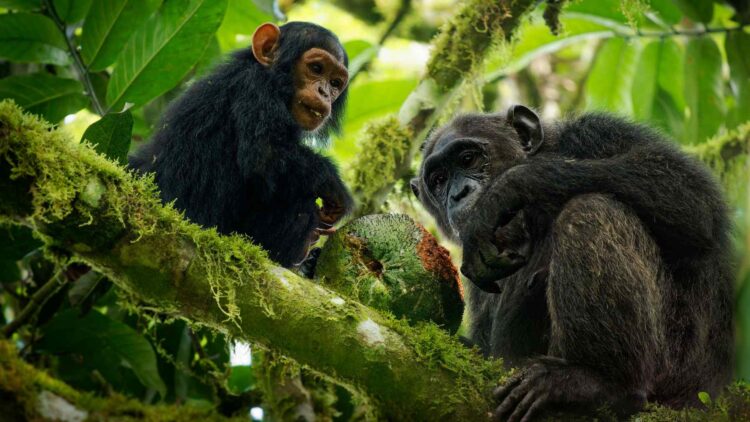We have probably all heard that we resemble chimpanzees in many ways, in fact many have called them our cousins, but while we all imagine the similarities are mainly superficial, I doubt many of us have ever thought that they went to war in a very similar manner to humans or that they were capable of causing a genocide. But that is exactly what happened in 1974, in Tanzania’s Gombe National Park.
The Gombe National Park is home to many creatures, and at the time it was also home to two clans of chimpanzees, the Kasakela and Kahama. Although we will never really know the exact reasons of why the conflict started, our communication with primates is limited, researchers observed that in 1971 there were two rare occurrences that likely started the chain of events, the rise of an alpha male with little authority and the decline in the number of females.
This meant that two males from the original united clan separated and settled separately along with a few females leading to the two distinct clans. They two coexisted peacefully until 1974 when seven chimpanzees from the Kasakela clan ambushed an adult from the Kahama clan seemingly unprompted and killed him, starting the massacre.
The conflict known as the Gombe Chimpanzee War was the first time scientists observed animals engaging in a prolonged, organized battle between groups. Remarkably, the chimpanzees involved used tactics often associated with human warfare, including coordinated attacks, use of tools as weapons, temporary ceasefires, and even what could be interpreted as reconnaissance.
The end was almost predictable, the dominant group eliminated the losers in a way that very closely resembled genocide in human warfare.
The results of the chimpanzee war
As with human wars, the result is one that we all know very well, everybody loses. Since the two clans were originally one, families were torn and the winners were not just weakened in numbers but in spirits. They managed to keep some of their territory, but other clans sensing their decrease in numbers sought to eliminate them as well and take over.
They managed to survive and recoup, but only as a shell of what they were before, with much smaller numbers and territory. Eventually, their numbers grew again and they were able to retain some sort of hold on their area, but they did not stop there. In the 90’s and 00’s they were again engaged in conflict with other clans, seemingly having learned nothing of their prior experience. Like humans.
While many might be surprised about why this is so important considering that it is likely to have happened before and since in communities not observed by humans, the reality seems to be quite different. Studies have shown chimpanzees to be quite stable and not usually engaged in conflicts within their group or with others.
Male chimpanzees typically stay within their birth group for life, while only females relocate to new communities. Genetic analysis of close to 300 individuals indicates that most of these social groups have maintained distinct lineages for over 550 years showcasing the stability of the groups.
But, as we have said, conflicts have occurred since, and a remarkable example was seen in 2019, when a chimpanzees in Gabon’s Loango National Park launched two coordinated assaults on a neighboring group of gorillas that they have previously coexisted with. This conflict was brutal in its own right, a group of nearly 30 chimps confronted a gorilla family, abducted a baby, and killed it and ten months later they launched a second attack, outmaneuvering the gorilla males, isolating the females and young, and capturing a calf, which was ultimately killed and eaten.

